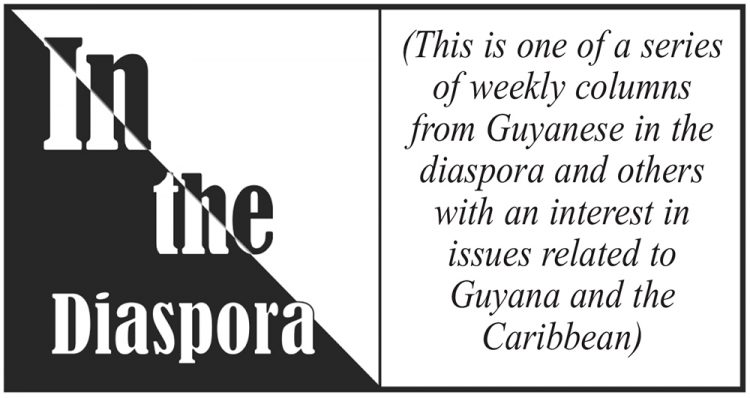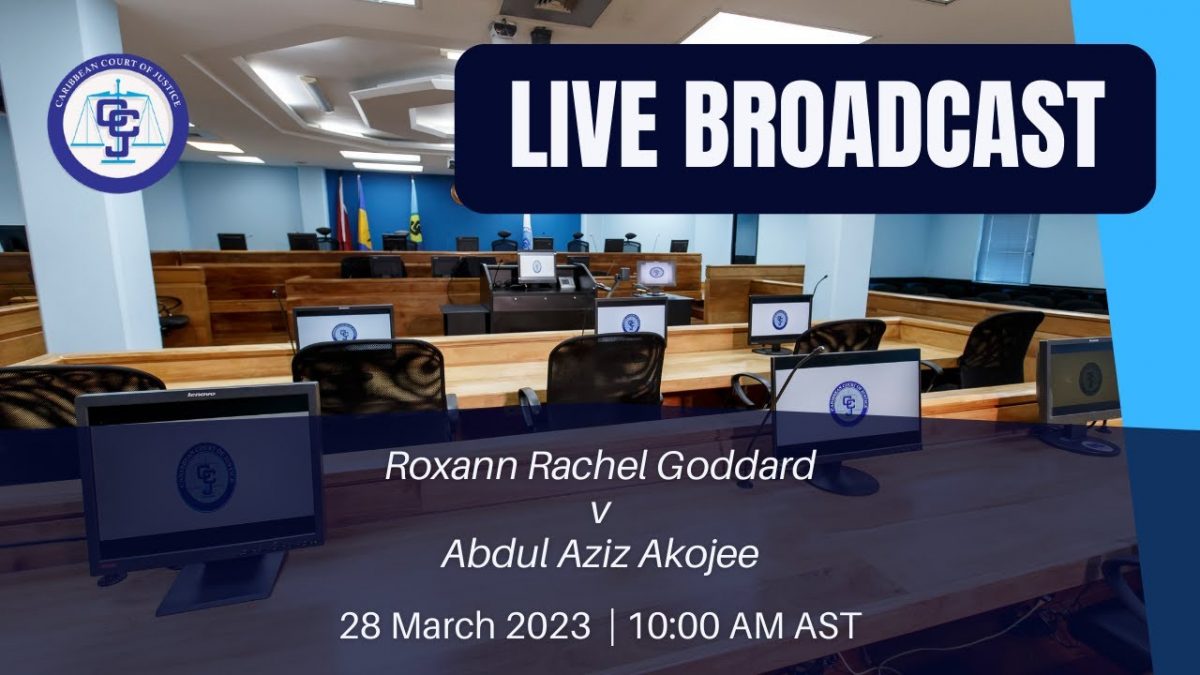
A recent landmark decision of the Caribbean Court of Justice (CCJ) has secured a much-needed victory for activists in the fight against the pandemic of domestic and gender-based violence in the Caribbean. On 28th March 2023 the Caribbean Court of Justice reversed a controversial decision of the Barbadian Court of Appeal which held that the term “former spouse” as it appears in the Domestic Violence (Protection Orders) Act (Cap130A) of Barbados, should be afforded a restrictive interpretation. The Court of Appeal’s decision left victims of domestic violence who were no longer married or in a cohabitational relationship (unmarried but living with their partner as husband and wife) with their perpetrator in a place of uncertainty. Women facing abuse after the ending of a relationship were without protection under the law.
By reversing this decision, the CCJ affirms that the interpretation of the term “former spouse” must be in keeping with Cap130A’s intention which is to broaden the class of persons who are entitled to protection under this Act. This decision also explicitly recognizes what we have long known about domestic violence – that abuse does not necessarily end with the ending of a relationship.
The Applicant in this case presented at the Magistrate’s Court for a protection order for herself and her child after they were both physically assaulted by her ex-partner who is also the child’s father. The Magistrate concluded, despite there having been a 21-month cohabitational relationship between the parties in the past, that she did not qualify as a former spouse under Cap130A and therefore could not obtain a protection order. Though it is unclear from the Court of Appeal’s decision at what point after the ending of a marriage or cohabitational relationship a woman ceased to be a former spouse, the majority were of the view that there needed to be something more than merely the existence of a previous relationship for the Applicant to be afforded protection under the Act.
The Court of Appeal’s ruling is a stark reminder of the obstacles we face at the societal level around the perception and understanding of domestic/gender-based violence. The right to protection is underpinned by an unhealthy fixation on the status of the victim as opposed to the perpetrator’s behaviour which will often only be admonished after the fact or when it is too late, that is to say when or if the victim experiences severe injury or death from physical violence. This is an unconscious bias which also underpins the drafting, interpretation, and application of Cap130A. For example, under Cap130A, parties to former visiting relationships (a relationship which does not involve living together) are currently regarded as not being entitled to the same protection as parties to former marriages or cohabitational relationships even though they are facing the same dangers.
There is no doubt in my mind that this is an absurdity. It is an absurdity that attracted much discussion before the CCJ during the hearing of the appeal. As we eagerly await the CCJ’s written reasons, we remain cognizant that we are still barely scratching the tip of the iceberg in the fight against domestic violence. We anticipate that this decision will require the interpretation and application of Cap130A and similar legislation across the Caribbean in a way that underscores the fundamental human rights principles which underpin our Constitutions and will hopefully go a long way to bolster some much-needed confidence in the judicial system of victims of domestic violence.
The hearing of the appeal before the CCJ (BBCV2022/001 – Roxann Goddard v Aziz Akojee) is on youtube and can be viewed here: https://www.youtube.com/watch?v=L-Iszvd_xK8






